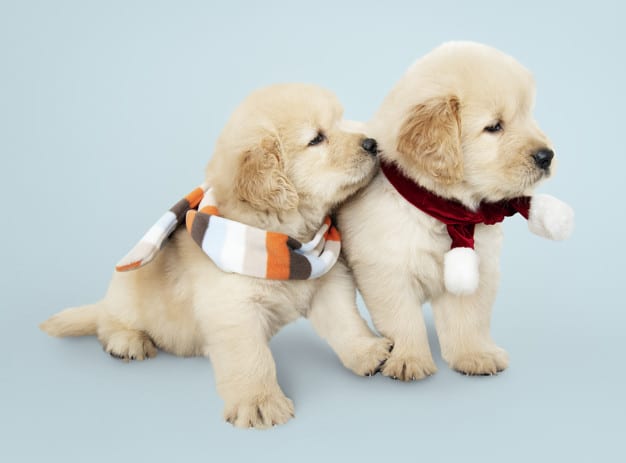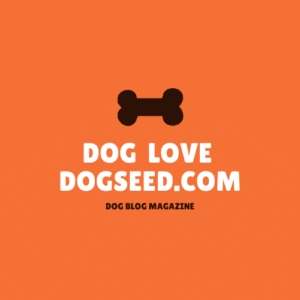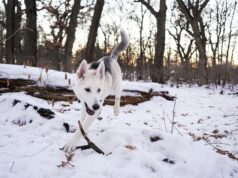
Puppy Training, Health and Mental Development
Purry First Arrives Home
A puppy may seem quiet and apprehensive when they first arrive home. This can be due to the fact they are experiencing a new environment for the first time and may be missing their mother and littermates.
Allow them to explore their new home at their own pace, without too much interference or noise. Children in the home should be reminded that the new puppy will be easily tired by too much stimulation and will need lots of quiet time to rest.
Other family pets should be introduced to your puppy individually and with close supervision.
Puppy at Age of Six Months Old
When a puppy reaches around the age of six months, the pet owner most likely witnessed his pet dog transforming through rapidly visible juvenile stage from age 3 to 6 months.
As your puppy is 6 months old now, he is an Adolescent.
It is very obvious that during this period, the puppy’s physical changes and appearances will decline to a little extent.
However, energy levels may found to rise and shift and you may see a complete newer version of the puppy’s character, temperament or personality.
The owner needs to be calm during any situation in this life stage, be prepared to adopt new habits catering to the puppy’s needs and remain vigilant about the healthy lifestyle.
Majority of the puppies receive training at home. And by the age of 6 months, they retain the complete control of their bowels and bladder.
Home Training
Home training is nearly complete at this period. Few puppies may incur occasional accident in the house, given there is a rapid alteration in the routine.
It is recommended that the pet owner is patient and consistent because this is absolutely normal. If your puppy is still having severe issues with home training, it is advised to contact the vet. Your puppy might have a health concern that is fully treatable.
During 6 months of age, the puppy may exhibit some behavioral changes. He may show adequate increase in energy and obstinateness. And when your puppy steps out of the house, he will easily catch attention from other dogs who may not go easy on him.

Unfriendly Behavior
It is very ordinary for young puppies to exhibit some unfriendly behavior which could be destructive to a certain extent in such period. This is mostly caused due to monotony influenced by increase in energy, body strength and confidence. Under such circumstances, prepare and administer plenty of exercise strategies for your pupper.
There would be multiple occasions where your puppy (mostly in between 6-12 months’ age) may act like they “forgot” their training. In such situations, be consistent and rigid. Keep continuing to have regular drilling sessions, covering the old basics again coupled with more difficult tasks.
Don’t overfeed your puppy and make sure the dog feed is sure non-toxic and salubrious. And do not give excess dog treats, keep it minimum.
If you choose to give chews to your dog, make sure that you avoid antlers, hard nylon, bones, hard nylon dog toys, hoovers or any hard chews. Although the adult teeth start to develop during this period, they are still frangible and can be damaged by substances that are too hard to chew.
Puppy Sleeps
You may want your puppy to sleep in your room on your bed. Not only it’s a nice gesture, but would also alleviate your unwanted loneliness. But repeatedly doing this would make this behavior a habit and may be problematic to get your growing puppy to sleep anywhere else later on – they won’t be able to figure out that they’re much bigger but you will!
You can try arranging a section or a part of your laundry, or other similar comfortable quiet space, for your puppy’s sleeping facility. In the beginning or first few nights, it may cry. Hence, would take some time to adjust, but soon enough he would be sleeping at the comfort of its own bed.
If you catch your puppy for occurring any unintentional accident, Do Not Punish your puppy immediately rather praise them and later correct its action. Because they are too gullible to comprehend why they are being scolded.
This action may instantly develop fear towards you rather because sometimes they can’t figure out that you’re admonishing them for the accident itself. Praise your puppy for doing the right thing – this will get the best results, as your puppy only wants to please you!
Peak socialization occurs between the ages of 6 to 16 weeks. It is highly recommended to expose your puppy to as many new pragmatic events or experiences as possible during this period.
It is the most fertile time to tutor elementary training instructions or commands influencing your puppy to adopt to home training and walking on lead.
You can try taking your puppy to puppy school, where they will be in a protected environment to play with other puppies of similar ages. Puppy school is a great institution for your pup to learn initial doggie etiquettes and social manners. You will also get to learn a great deal from this schools as you get to meet likeminded puppy owners.
Challenges
There would be moments when you feel taking care of your pet is burdensome, overwhelming and challenging to some extent. Sometimes, you’d be severely sick and won’t have much of your energy or mobility to conduct simple tasks like walking your puppy or cleaning litter box.

During such situations, it is greatly advised that you lend a helping hand from friends, immediate neighbors or close relatives. If they’re unavailable, go and find hired, charitable or non-profit assistance to make sure your pet gets the requisite food, essential grooming, effective exercise, and suitable care he requires.
If you are still confused about the proper upbringing of your puppy, then seek assistance from local veterinarians, animal shelters, physicians, social service agencies or veterinary schools, to refer you to with proper resources in your community.









